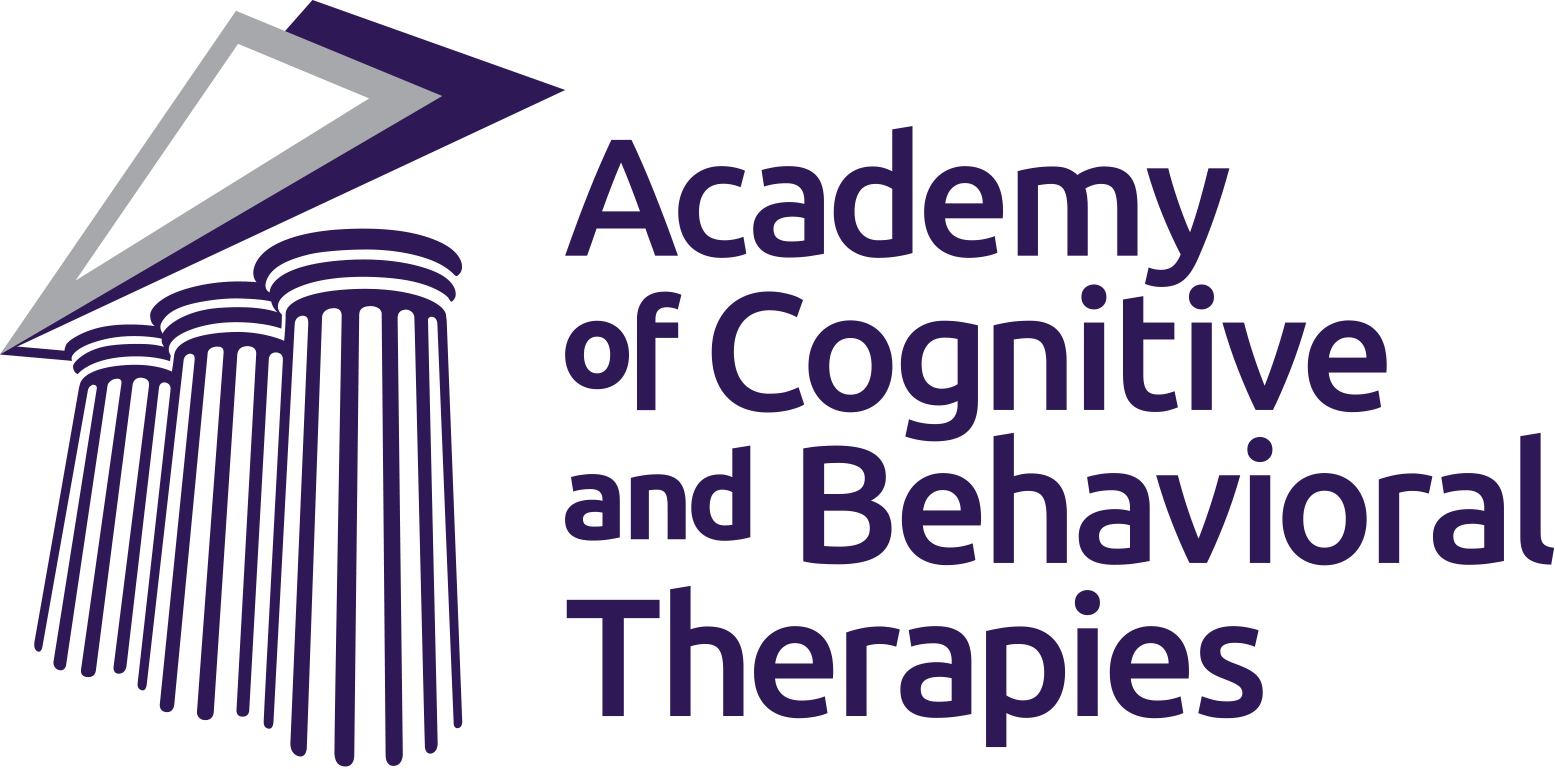MEMBER SPOTLIGHT - STEVE HAYES
The CBT tradition has been at the forefront of an effort to use a scientific approach to learn how to create progress in the alleviation of human suffering and promotion of human prosperity. Moreso than any other approach to human psychology in history, the
behavioral and cognitive tradition has had a positive impact on intervention science and on the world.
MEET STEVE HAYES
PROFESSOR
Steven C. Hayes is a Nevada Foundation Professor in the Behavior Analysis program at the Department of Psychology at the University of Nevada.
Google Scholar ranks Dr. Hayes among the top 950 most cited scholars in all areas of study in the world and Research.com ranks him as the 63rd highest impact living psychologist.
AUTHOR
An author of 47 books and nearly 700 scientific articles, Steve's popular book Get Out of Your Mind and Into Your Life was featured in Time Magazine and was for a time the best-selling self-help book in the United States.
Dr. Hayes is the developer of an account of human higher cognition called Relational Frame Theory, which has since been extended to the popular ACT.
CBT LEADER
Dr. Hayes has been President of several scientific societies including the Association for Behavioral and Cognitive Therapies (ABCT) and has received several national awards, such as the Lifetime Achievement Award from ABCT.
Dr. Hayes coined the term “third-wave CBT” and more recently has been working with Stefan G. Hofmann and others to try to move CBT more in process-based direction.
Briefly Describe the Importance of CBT. Why is CBT important to you?
The CBT tradition has been at the forefront of an effort to use a scientific approach to learn how to create progress in the alleviation of human suffering and promotion of human prosperity.
More-so than any other approach to human psychology in history, the behavioral and cognitive tradition has had a positive impact on intervention science and on the world. It has also evolved and needs to continue to do so. In an almost generational way, every twenty years or so it has transitioned through a set of ideas designed to create progress, each building upon the previous one.
After beginning with the simple idea that experimental tests of well-specified methods linked to basic learning principles would foster progress, the field soon agreed that attending carefully to the content of cognition and emotion was also critical, and later that the relationship between the individual and their own experiences in such areas of acceptance, mindfulness, and values needed to be added.
What about CBT today? Where are we heading?
Today, there is once again a tangible sense that we need something new for our field to better focus on the people we serve.
Linear protocols and top-down normative categories need to go into our rear-view mirror. Because of its decades of strong research, CBT is best suited to shift the focus of evidence-based intervention to biopsychosocial processes of change. At the same time, because of the breadth and depth of this agenda, we as a field need to do a better job both of working together, and of reaching out to colleagues who are not yet part of our common journey.
INTERESTED IN BECOMING A CERTIFIED MEMBER OF CBT?
List of Services
-
APPLICATION TIPSmore List Item 1
Curious about becoming a Certified A-CBT Diplomate and CBT Therapist? For new applicants, you can expect the application process to involve submitting documentation of your license and relevant experience, associated application fees, and a case conceptualization and session audio that will be processed for evaluation. Find out more information, including tips, about our application process via the link below.
-
APPLY NOWAccess Our Application
Mental health professionals and students who support the use of cognitive behavioral therapy to treat mental health disorders and improve health behaviors are encouraged to apply for CBT Certification through the Academy of Cognitive and Behavioral Therapies.
START PURSUING YOUR CBT ACCREDITATION NOW!
CONTACT US
Phone: +215-796-0842
Email: info@academyofcbt.org
1800 John F. Kennedy Blvd.
Suite 300, PMB 92772
Philadelphia, PA 19103
EXPLORE
CBT INFORMATION
INTERESTED IN LEARNING MORE?
Contact Us
Thank you for contacting us.
Someone from our team will be in touch with you shortly.
Please try again later.

